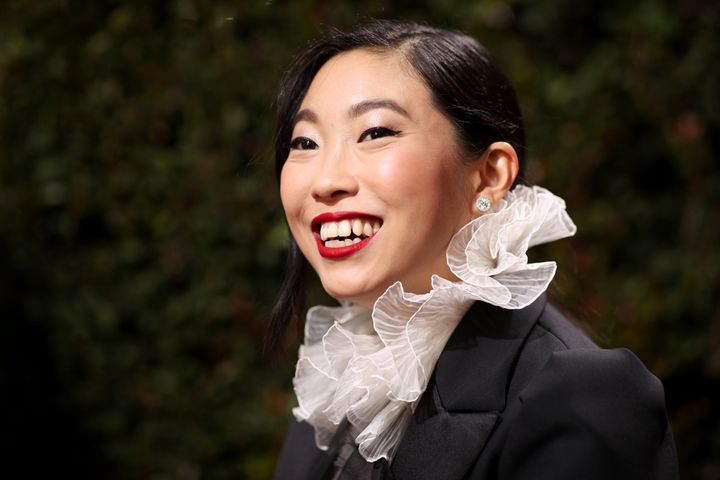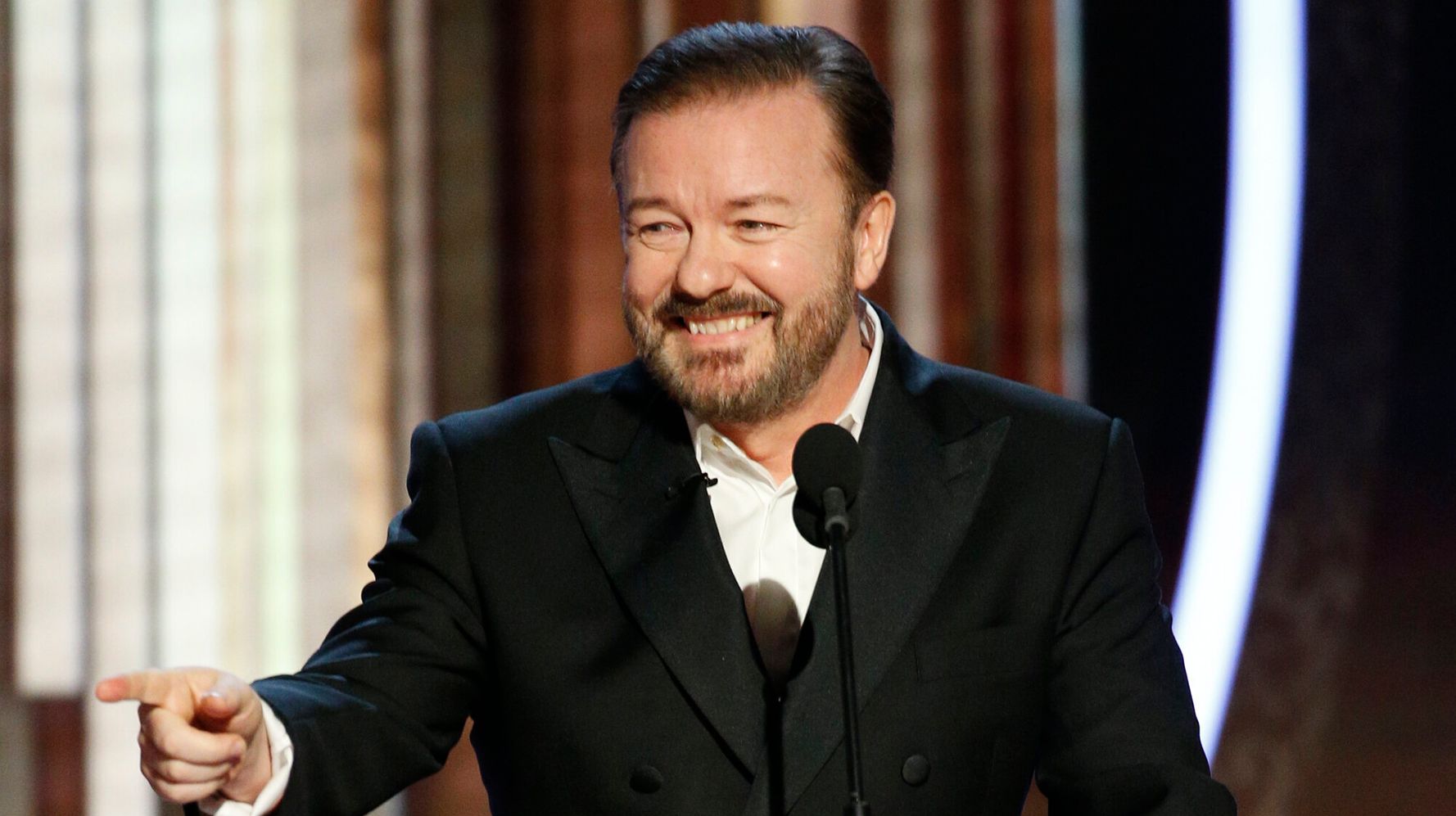[ad_1]
It’s become an inevitable game, of sorts, every awards season for the last several years (particularly in the wake of #OscarsSoWhite in 2015), for us to tally up so-called diversity and inclusion “wins.”
At Sunday night’s Golden Globes ceremony, there were major accolades for Awkwafina, who became the first woman of Asian descent to win the award for Best Actress in a Motion Picture – Musical or Comedy. Egyptian comedian and actor Ramy Youssef took home his first major award for Best Actor in a TV Series – Comedy, using his time onstage to earnestly explain how much it meant for him to create a show about a young Muslim-American man. Kate McKinnon presented a lifetime achievement award to Ellen DeGeneres in an emotional speech where she declared, “If I hadn’t have seen her on TV, I would have never thought I could be on TV.”
But there were surprising losses, too. (This excludes the works that were completely snubbed in nominations, like Ava DuVernay’s stellar “When They See Us,” Lupita Nyong’o’s performance in “Us” and Zendaya Coleman’s role in “Euphoria.”) Eddie Murphy’s comeback performance in “Dolemite Is My Name” failed to garner recognition; he lost to Taron Edgerton for “Rocketman,” and “Dolemite” was shut out altogether. Billy Porter of “Pose” (unsurprisingly) lost the Best Actor in a TV Series – Drama award to industry juggernaut Brian Cox of the wildly popular “Succession.” And, in one of the biggest snubs of the night, odds-on favorite Jennifer Lopez — dressed in gold — lost the Best Supporting Actress in a Motion Picture award to Laura Dern’s wonderful albeit glorified cameo performance in “Marriage Story.”

This year’s Globes infamously shut out women in the Best Director category, despite the abundance of critically acclaimed, money-making films by female directors including Lulu Wang, Lorene Scafaria, Greta Gerwig, Mati Diop and Celine Sciamma. Their lack of nominations doesn’t magically erase the brilliance of the movies they made.
And yet, it says something.
“Nominate more women,” Wang, director of “The Farewell,” told Variety, when asked on the red carpet what her message to members of the Hollywood Foreign Press Association would be. “What is the determination of a good film versus not a good film if you can’t look at critic reviews or box office?”
In a perfect world, such objective (or gesturing toward objective) criteria for nominations would be the norm. But in Hollywood, it’s not always about quality in determining who gets nominated and who wins. Politics, the power of a good narrative and diversity — not only of the performers, directors and others, but those who are doing the nominating — are also key drivers in who ultimately nabs the statue.
Like all questions of progress when it comes to diversity and inclusion, actually quantifying forward advancement, or using award shows to gauge that movement, is tenuous at best. Progress usually comes in stops and starts. One year, “Moonlight” may win the coveted Best Picture Academy Award. Another year, the white savior buddy movie “Green Book” may inexplicably take the top prize.
The Golden Globes, of course, are fun, but they aren’t the Academy Awards. They aren’t even much of an indicator of who may get an Oscar; there’s no overlap between Golden Globes voters and Academy members.
And yet Sunday’s awards were a great microcosm of the interesting place Hollywood now finds itself in, five years after #OscarsSoWhite, three years after #MeToo. The host of the night, Ricky Gervais, made a few pithy attempts at jokes about diversity, calling the HFPA (who vote for the winners) “racist,” and calling out the lack of female director nominees.
“We were going to do an ‘In Memoriam’ tonight but … when I saw the list of people who died, it wasn’t diverse enough,” he quipped. “It was too many white people.”
It’s a cute enough joke, but it also distills the beginning and ending of so many diversity and inclusion conversations that we’ve had in recent years. Much of the Hollywood establishment believes that the point of contention is always about whether there are “too many white people,” or “too many men” and so on.
Really, it’s about something else.
Diversity is all well and good, but there’s also a question of taste, of discernment. Award ceremonies are supposed to be the purveyors of what’s next, what’s exciting, what’s enriching the culture as a whole. So-called “diverse” filmmakers and actors shouldn’t win or be nominated for awards just by virtue of existing, no. But when genuinely stellar work by these creators goes unnoticed for the sake of lauding the same revolving cast of characters, it raises a singular question.
If an awards show in 2020 shuts out several brilliant female directors as nominees in favor of predictable male directors, if it completely snubs one of the best miniseries of last year, “When They See Us,” is it even relevant anymore?
Calling all HuffPost superfans!
Sign up for membership to become a founding member and help shape HuffPost’s next chapter
[ad_2]
Source link

